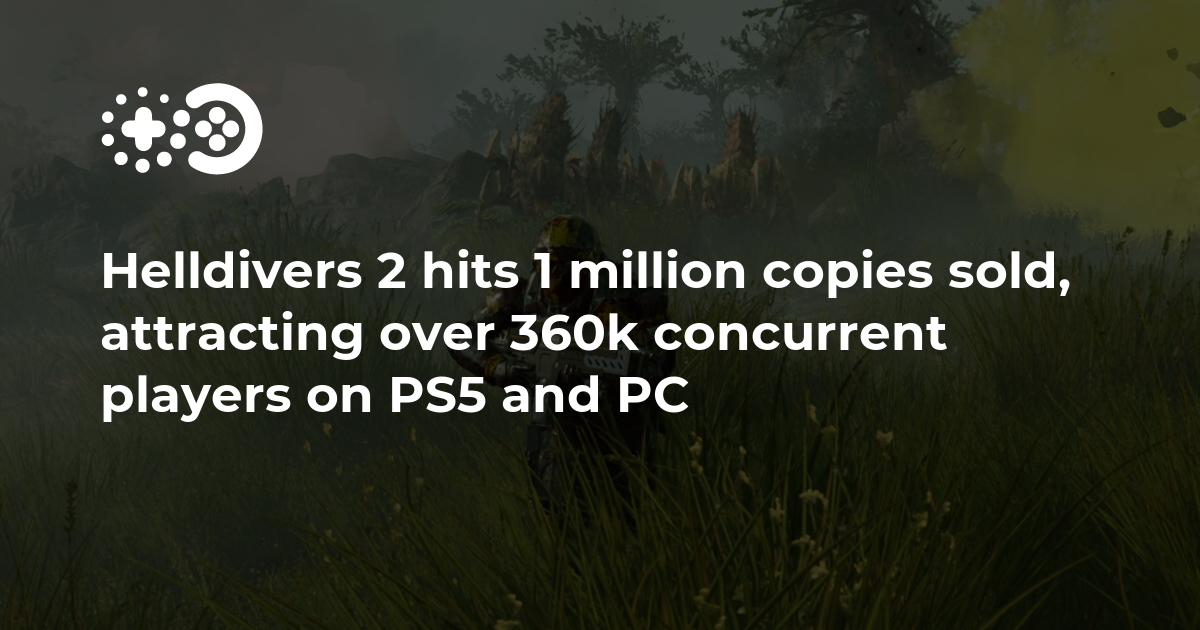Men_in_Boxes
Snake Oil Salesman
We've had a number of GAAS games release recently and most of them have been P2P (pay to play). This is a little surprising considering how well F2P has done over the last few years.
Have publishers figured the following out?
If they expect their GAAS title to struggle with player retention, charge an up front fee.
If they expect their GAAS title to do well with player retention, release it as F2P.
What do you think the most important variable is when deciding how to charge for your GAAS game? Why are some better at P2P and others better at F2P? What's the big variable?
Have publishers figured the following out?
If they expect their GAAS title to struggle with player retention, charge an up front fee.
If they expect their GAAS title to do well with player retention, release it as F2P.
What do you think the most important variable is when deciding how to charge for your GAAS game? Why are some better at P2P and others better at F2P? What's the big variable?



